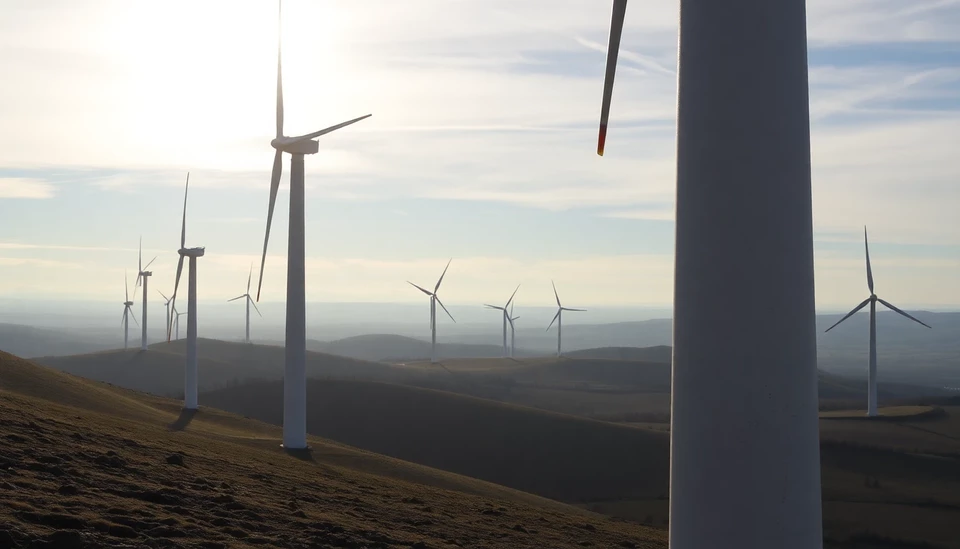
This week, Germany is bracing for a significant decrease in wind energy generation as the country enters a lull period in its renewable energy production. The anticipated drop is largely attributed to a combination of low wind speeds and diminishing energy demands due to the holiday season.
The German energy sector has experienced a notable shift in recent months, with wind energy significantly contributing to the country's electricity needs. However, forecasts indicate that wind generation is expected to drop sharply in the coming days, meaning that reliance on other energy sources, including fossil fuels, will likely increase temporarily.
Analysts predict that wind output could plunge to around 5 gigawatts (GW) from the more robust levels seen earlier this month. The decrease coincides with the holiday period, during which energy consumption traditionally wanes as businesses close and families take vacations. This holiday lull could exacerbate the impact of the reduced wind energy supply.
Due to this expected decline, the German electricity market may witness an uptick in energy prices. As the output of renewable resources slows down, utilities may turn to natural gas and coal-fired plants to meet the remaining energy demands. This shift has raised concerns amongst environmental advocates who emphasize the need for maintaining steady growth in renewable energy deployment to meet climate targets.
The Deutscher Wetterdienst (DWD), Germany’s national meteorological service, has confirmed that the country will contend with relatively still weather conditions that have led to the anticipated wind energy deficit. Although some regions may see brief periods of wind generation, overall production is forecasted to remain below average.
In light of these challenges, energy economists are urging policymakers to reinforce the importance of diversified energy portfolios that can withstand fluctuations in renewable generation. They advocate for investment in energy storage technologies and grid enhancements that can better facilitate a transition towards a more resilient energy future.
As Germany navigates this temporary setback, the focus will remain on strategies to stabilize the energy supply while continuing to advance the country’s long-term renewable energy goals. The holiday period may provide an opportunity for the government and utilities to reflect on the importance of energy security and the necessity for continued adaptation in the face of changing energy landscapes.
As the new year approaches, it is critical for Germany to not only recover from this week’s wind lull but also to position itself advantageously for the challenges and opportunities that lie ahead in the energy sector.
#Germany #WindEnergy #RenewableEnergy #EnergyCrisis #ClimateChange #Sustainability #EnergyStorage
Author: John Harris




